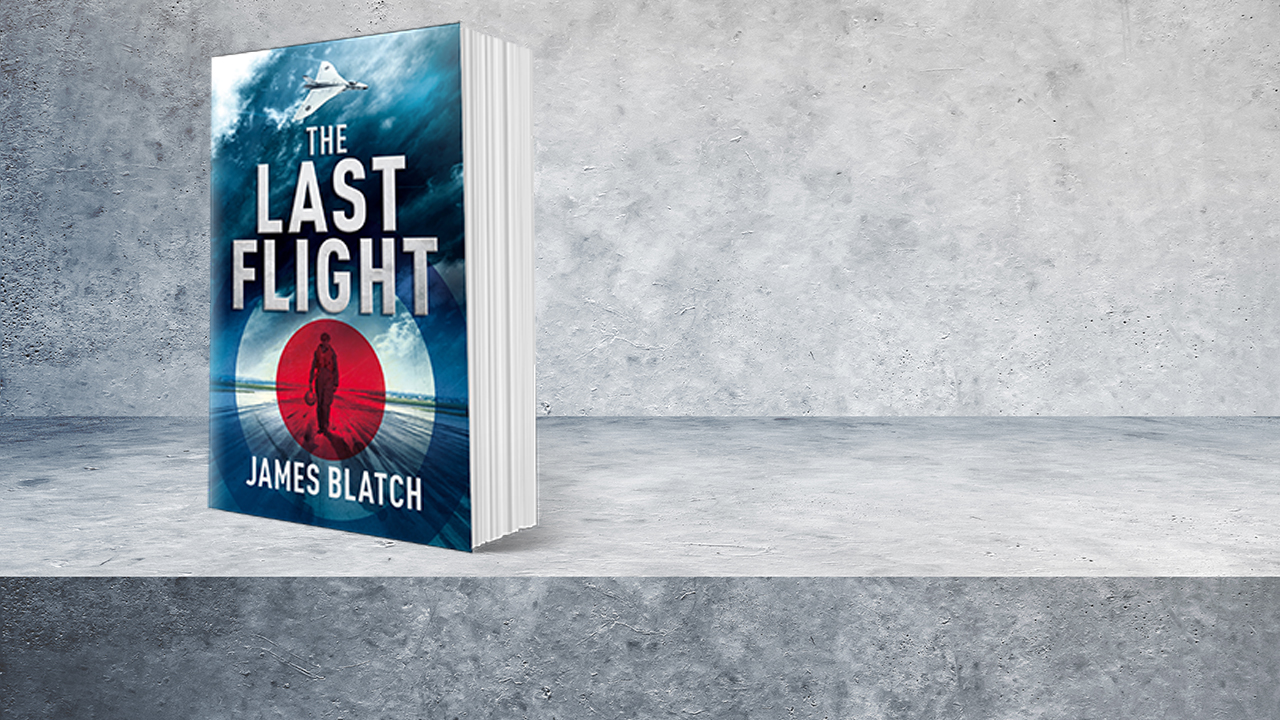I Finished My Book… What Happens Now?
By James Blatch

One of the oddities of my job, working alongside Mark Dawson, is that I know a lot about advanced areas of publishing long before they will be of personal useful to me. On the other hand, I have tended to keep away from the craft side of the industry, simply because SPF focusses on marketing rather than writing.
The upshot of this is that I can tell you, to a fair degree of certainty, what type of CPA will lead to a profitable social media campaign for book one in a series of four… and yet I have little idea how to turn my draft book into a completed manuscript.
In fact, I deliberately stopped myself from researching the next steps for my own writing, lest it get in the way of the pressing task of completing the draft.
And so I find myself having got to the end of a process that began on November 1st 2010 (with many years of inactivity in-between), now wondering where to start on the next phase.
Regular readers of this blog will be aware that my breakthrough in writing the draft came after I enlisted in Jennie Nash’s Author Accelerator programme. It’s a book coaching service in which you get close attention and help in honing your idea into a draft, and a good degree of developmental editing along the way.
It was a perfect programme for me. I had an editor to talk to each week about the process. She kept my word count up and kept the story on track. It was a total investment of $3,150 (£2,300) – I added an extra month worth $450. It sounds like a lot, but it gave me a foundation in novel writing that will last a lifetime.
I love talking to authors about their process, and if I’ve learned one thing from my role as inquisitor for the weekly Self Publishing Show, it’s that everyone does it differently. I wonder, therefore, what state other writers’ first drafts are in before they begin to revise.
My draft is long (193k words), full of typos, but as a story it has no significant holes. It adheres quite closely to the two-tier outline that Jennie and my editor Lizette made me come up with before the writing began.
Jennie and I have been discussing the revision process and we both think that it’s a significant enough area to warrant some SPF style learning. So we’re planning to use my revision process to generate either podcast episodes or webinars in which Jennie can teach her approach to turning a good book into something great.
My task in my first week was to produce a new two-tier outline based on the actual draft and spend a few days polishing the opening chapter. They have both been submitted to Jennie for her to a) check that the story works and b) check that my writing dovetails with the themes the outline calls for.
If you’ve forgotten what a two-tier outline is, it’s a simple description of each significant scene followed by a second paragraph that explains why that scene is in the book. It’s a great exercise to go through as it immediately reveals unnecessary scenes or scenes that don’t work.
Jennie has some specific methods to apply to the revision process and we’ll record a session in July to start exploring these. As mentioned above, Jennie is a taskmaster. Her aim is for you to produce the very best book that you can, which means you’re not simply correcting the typos. In the long term, we’re trying to persuade Jennie to produce a professional course for writers on applying this editing process… but that will be for later in the year.
My first week’s foray into revising has been enjoyable. It seems more fun to me to work with existing text than to stare at a blank page and create something. Is that your experience too?

James Blatch
James Blatch is co-host of the Self Publishing Formula podcast. He is a former BBC Television News reporter and is currently writing his first novel, a military thriller set in 1960s Britain.
Grab Your SPF Freebies!
Sign up to receive your SPF starter package, which includes a free 3 part video series on getting started with FB ads, and inspirational and educational weekly emails.

